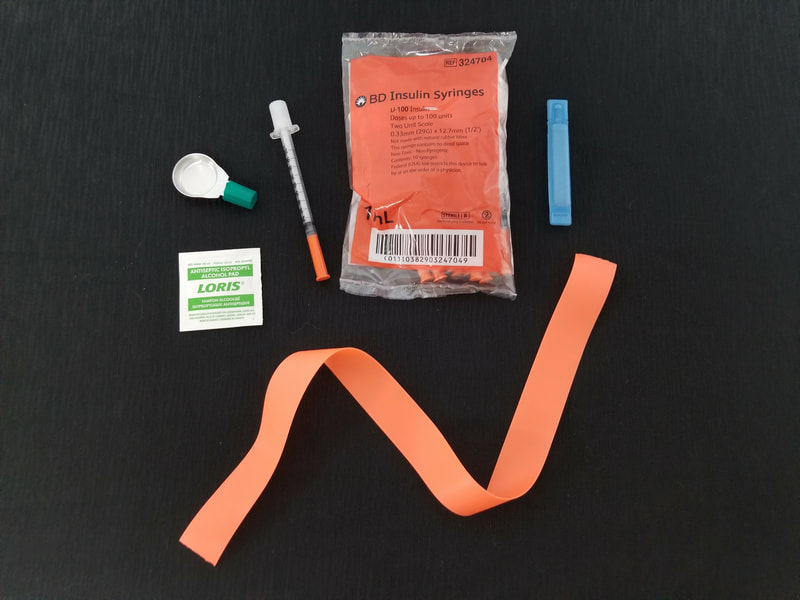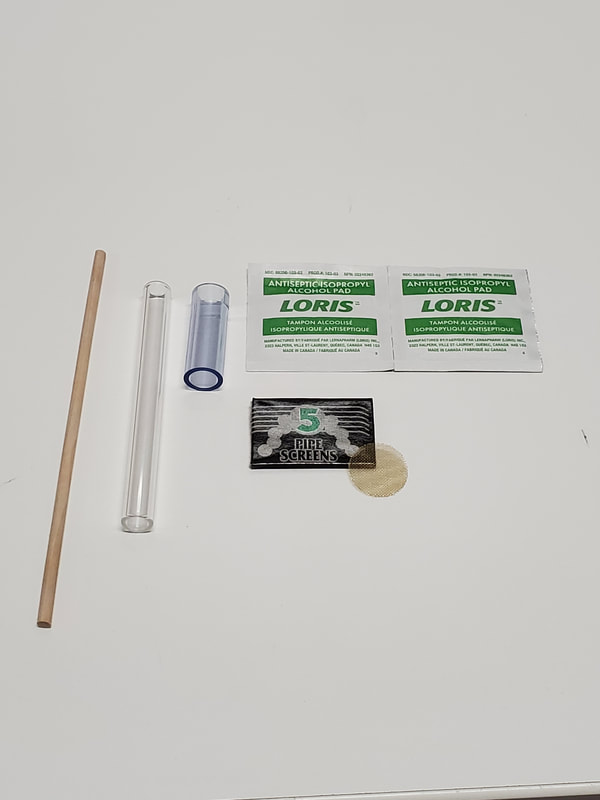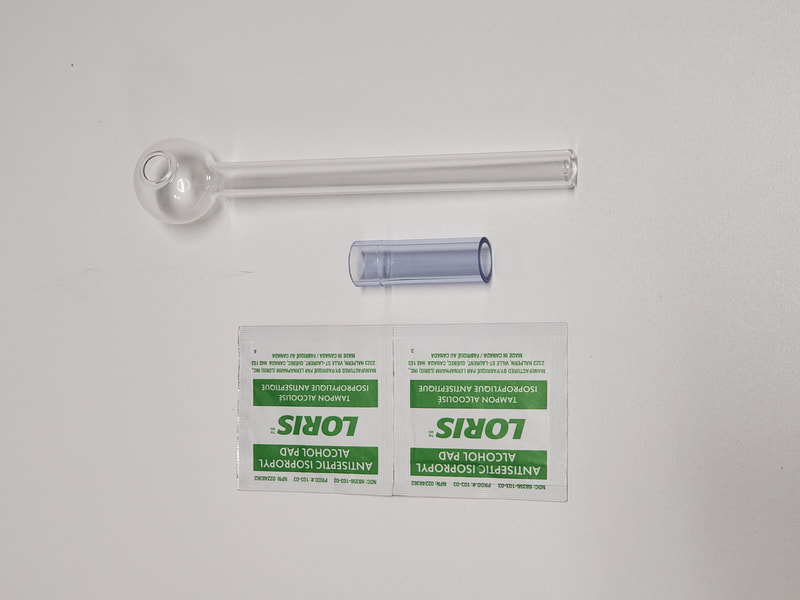The Queen City Needle ExchangeThe Queen City Needle Exchange provides sterile needles and a safe disposal location for used needles. Education on safer practices and keeping used needles out of the community is an important function of our needle exchange program.
Our staff can offer harm reduction counselling regarding sexual health and safer drug use practices and addictions counselling including referrals to treatment. *For needle exchange outside our working hours, please contact the Street Project Van at (306) 766-7799. |
How Our Service Works:
Our needle exchange clients are set up with an ID (consisting of their first, middle, and last initial, month and year of birth) which helps us to keep track of the needles exchanged and stats.
The number of needles or pipes brought in can be exchanged back, but we can also give a 10 pack of needles and/or one pipe (crack/meth) a day.
We also offer a range of drug supplies such as sterile water and cookers and safe sex supplies to help reduce the transmission of HIV and Hepatitis C.
The number of needles or pipes brought in can be exchanged back, but we can also give a 10 pack of needles and/or one pipe (crack/meth) a day.
We also offer a range of drug supplies such as sterile water and cookers and safe sex supplies to help reduce the transmission of HIV and Hepatitis C.
What We Offer:
|
Insulin Syringes and Drug Supplies:
|
Crack Pipe Kits
|
Harm Reduction Education for Substance Users:
- Always use a clean and new needle.
- Clean the area with an alcohol swab before you inject. Do not swab after the injection. Always insert the needle and inject in the same direction the blood in your vein is flowing (blood in your veins flows towards your heart). Always take your time and inject slowly.
- Use a clean new cooker and sterile water to mix drugs and prevent disease and infection.
- Your arms and hands are the safest places to inject. Never inject into your head, neck, groin, or genitals. Try to rotate your injection sites.
- Dispose of needles safely into a sharps container and bring them in to a needle exchange for safe disposal. Please help keep used needles out of the community.
What To Do If You Find a Needle:
To report a needle for pick up, please visit our web app: www.reportneedles.ca or call The Street Project at (306) 766-7799 to arrange for someone to pick it up.
- Get an empty non-breakable hard-sided container that needles can't poke through. The container must have a lid. You can use an empty pop bottle or a small coffee tin.
- Put the container on a flat surface.
- Use tongs or pliers to pick the syringe up by the barrel end and keep the pointed needle end away from you.
- DO NOT try to put the cap back on the needle.
- Put the needle in the container. Put the lid on tightly.
- Wash your hands.
- Place the container in a safe place where it won't be opened by children.
- Take to the nearest needle disposal drop box






